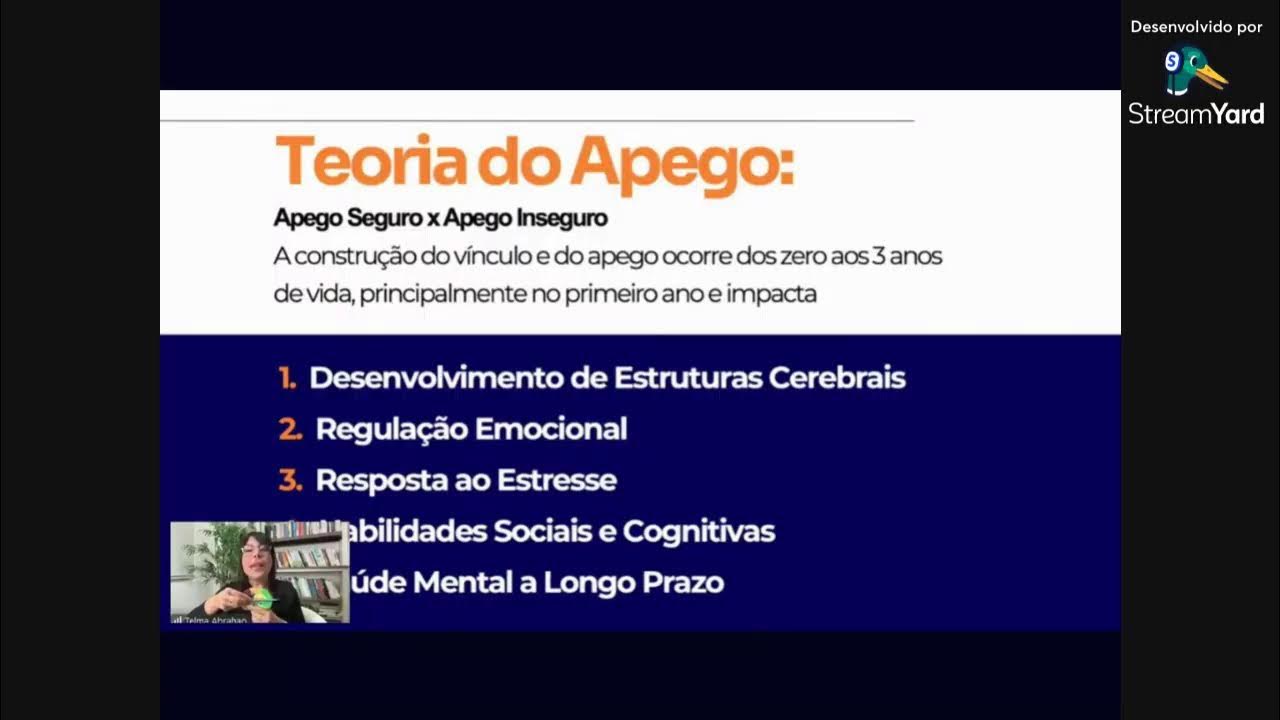Alcohol's effect on teenage brain
Summary
TLDRUnderage drinking poses serious risks to the developing brain, particularly during the teenage years when cognitive and emotional development is ongoing. Alcohol can damage areas responsible for learning, memory, and decision-making, leading to poor judgment, impulsivity, and long-term cognitive difficulties. Early drinking also significantly increases the risk of addiction and can interfere with critical life milestones like academics, relationships, and career opportunities. It is crucial for parents to help guide their teens to make healthy choices, as underage drinking can alter the course of their future in profound ways.
Takeaways
- 😀 Teen brains are still developing until around age 25, making them more vulnerable to the effects of alcohol.
- 😀 Drinking alcohol during this critical period can interfere with brain development, leading to long-term consequences.
- 😀 Alcohol affects the hippocampus, the part of the brain responsible for memory and learning, making it harder for teens to retain new information.
- 😀 Repeated alcohol consumption during adolescence can cause permanent damage to the hippocampus, impairing memory and learning ability.
- 😀 The frontal areas of the brain, which control impulse control and decision-making, are also vulnerable to damage from alcohol.
- 😀 Damage to the frontal brain areas can lead to poor decision-making, lack of self-control, and increased risk of violent behavior.
- 😀 Teens who drink are at a higher risk of developing an alcohol addiction, with those who start drinking early being four times more likely to develop an addiction.
- 😀 Early alcohol use can have far-reaching effects beyond legal consequences, impacting a teen's ability to succeed in life.
- 😀 Underage drinking can interfere with important milestones, such as obtaining a driver's license, getting into college, forming healthy relationships, and securing a job.
- 😀 Helping your teen stay sober is critical to ensuring their brain develops properly and they make good choices for a successful future.
Q & A
What is the impact of alcohol on a teen's brain?
-Alcohol exposure during the critical developmental years of the brain (up to age 25) can interrupt essential brain development, particularly in areas like the hippocampus and frontal cortex. This can affect learning, memory, decision-making, and impulse control.
Why is the hippocampus particularly vulnerable to alcohol during adolescence?
-The hippocampus is responsible for learning and memory. When alcohol reaches this part of the brain, it can impair the ability to remember newly learned information, and repeated drinking can lead to permanent damage, making it difficult to retain knowledge as the person ages.
How does alcohol affect the frontal areas of the brain?
-The frontal areas of the brain control impulses and the ability to think through consequences. Alcohol use during adolescence can impair decision-making, reduce self-control, and increase the likelihood of violent behavior.
What long-term consequences can underage drinking have on decision-making?
-Repeated underage drinking can lead to poor decision-making abilities, as it impacts the brain's ability to control impulses and think through consequences. This can have lasting effects, contributing to challenges in adulthood.
How does early alcohol use influence the risk of addiction?
-Teens who begin drinking alcohol before the age of 21 are four times more likely to develop an alcohol addiction later in life compared to those who wait until they are 21.
What are some of the broader life consequences of underage drinking?
-Underage drinking can affect many aspects of a teen's life, including their ability to drive, form healthy relationships, get accepted to college, or secure a good job. These consequences can have a lasting impact on their future opportunities.
How does alcohol affect a teen's ability to learn?
-Alcohol can impair the functioning of the hippocampus, making it more difficult for a teen to remember new information or retain knowledge. This can hinder their academic performance and long-term cognitive development.
What role does the developing brain play in addiction susceptibility?
-The developing brain is more susceptible to addiction. Alcohol can alter brain chemistry during critical developmental periods, which increases the likelihood of dependency and substance abuse as the person grows older.
At what age does the human brain fully develop?
-The human brain continues to develop until around the age of 25, with significant changes occurring throughout adolescence and young adulthood.
How can underage drinking affect a teen's future success?
-Underage drinking can lead to difficulties in making decisions, controlling impulses, and achieving personal goals, such as driving, pursuing higher education, or establishing a career. These factors can significantly hinder a teen's potential for future success.
Outlines

Этот раздел доступен только подписчикам платных тарифов. Пожалуйста, перейдите на платный тариф для доступа.
Перейти на платный тарифMindmap

Этот раздел доступен только подписчикам платных тарифов. Пожалуйста, перейдите на платный тариф для доступа.
Перейти на платный тарифKeywords

Этот раздел доступен только подписчикам платных тарифов. Пожалуйста, перейдите на платный тариф для доступа.
Перейти на платный тарифHighlights

Этот раздел доступен только подписчикам платных тарифов. Пожалуйста, перейдите на платный тариф для доступа.
Перейти на платный тарифTranscripts

Этот раздел доступен только подписчикам платных тарифов. Пожалуйста, перейдите на платный тариф для доступа.
Перейти на платный тарифПосмотреть больше похожих видео

Under Construction: Alcohol and the Teenage Brain

Underage Drinking, Dangers and Consequences - Talk It Out on the Learning Videos Channel

Brain Development in Teenagers

What does Air Pollution PM 2.5 do inside children's body and brain? (English)

Encontro de Impulso - 28.10.24 sobrr s criança ferida com a telma

Teens, Technology, and Transformation | Suzy Cox | TEDxUVU
5.0 / 5 (0 votes)
